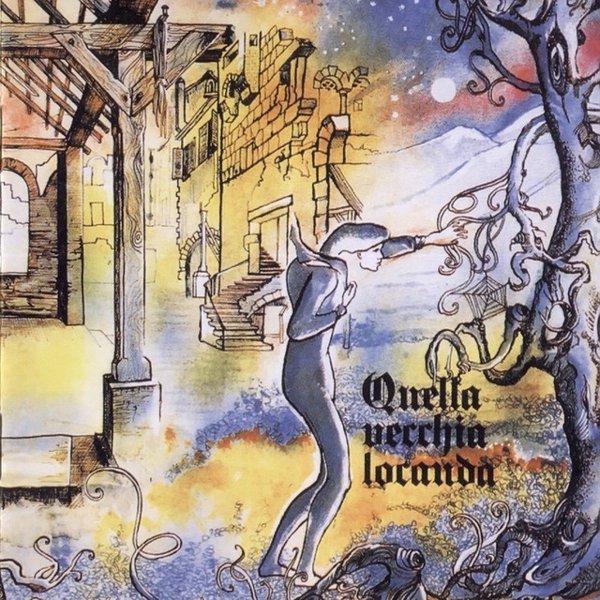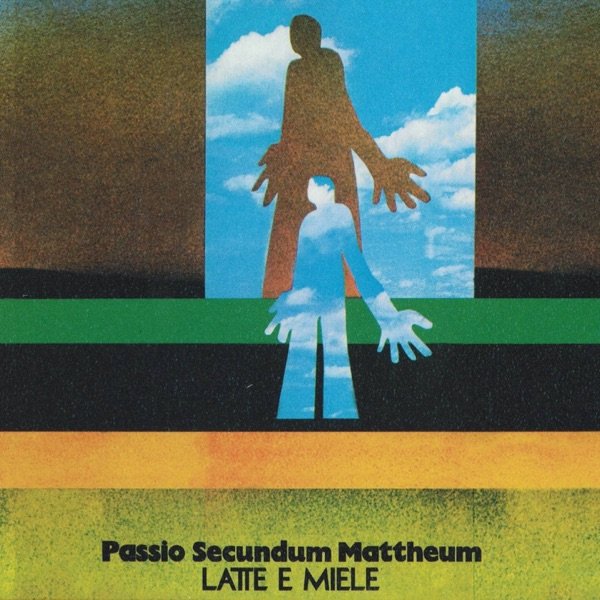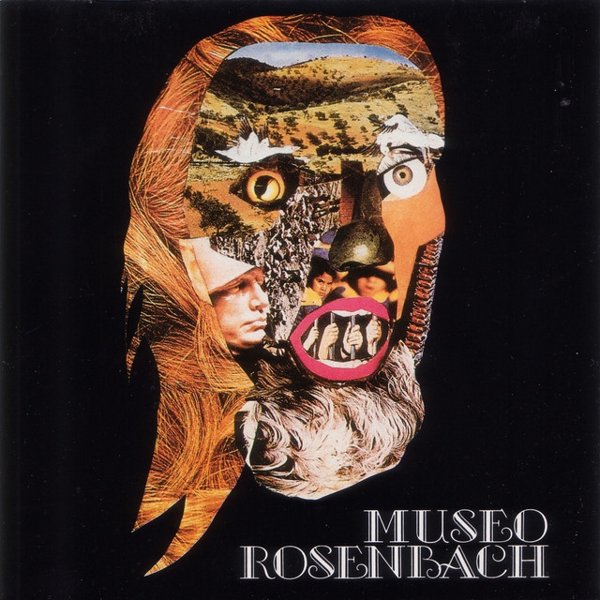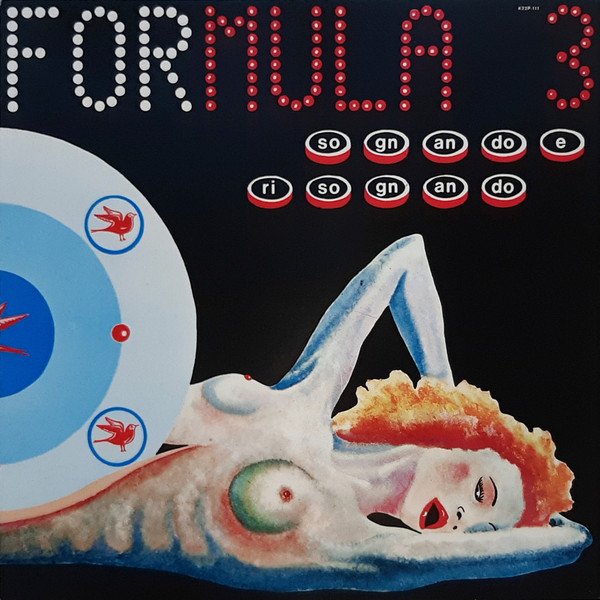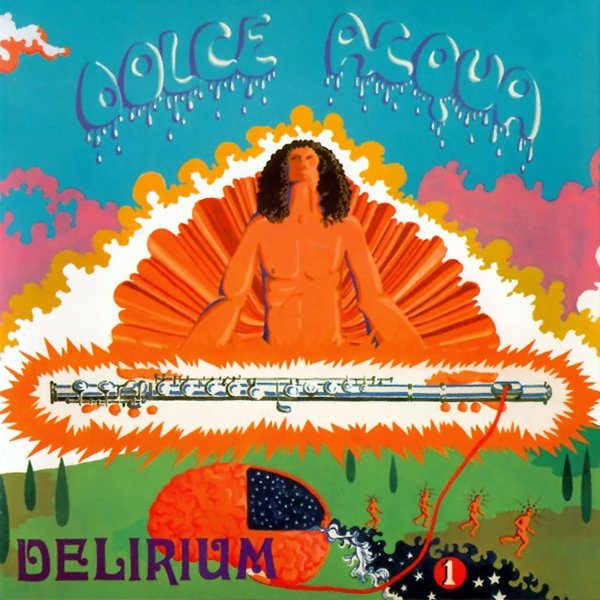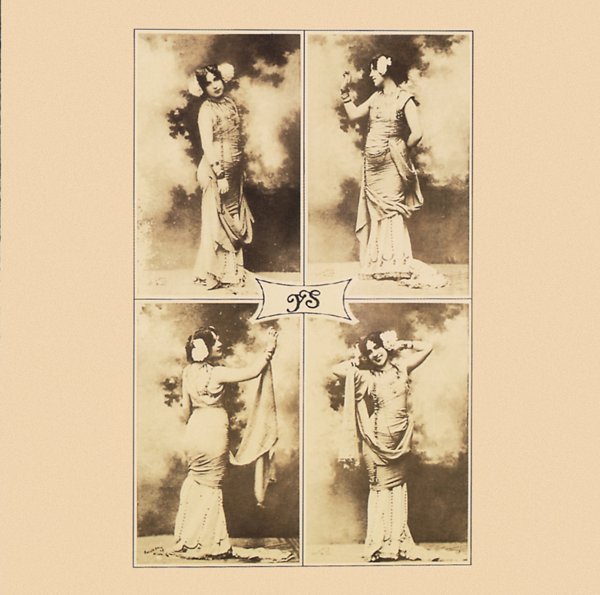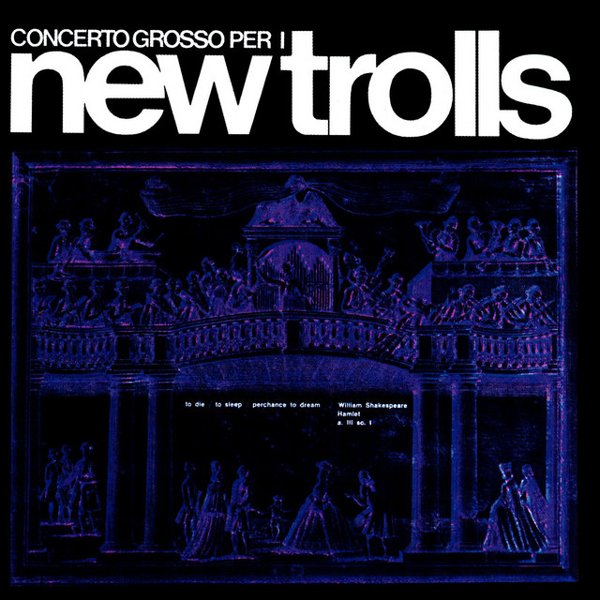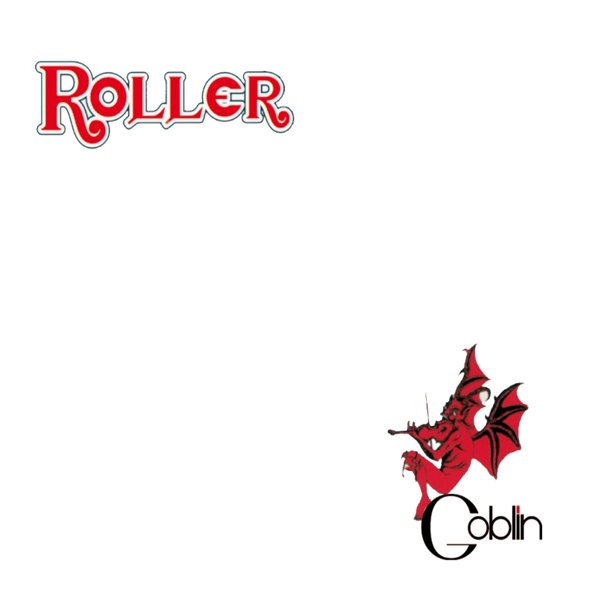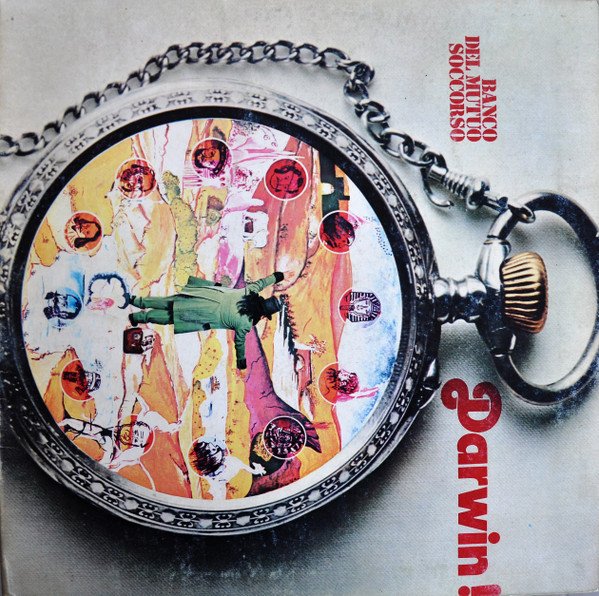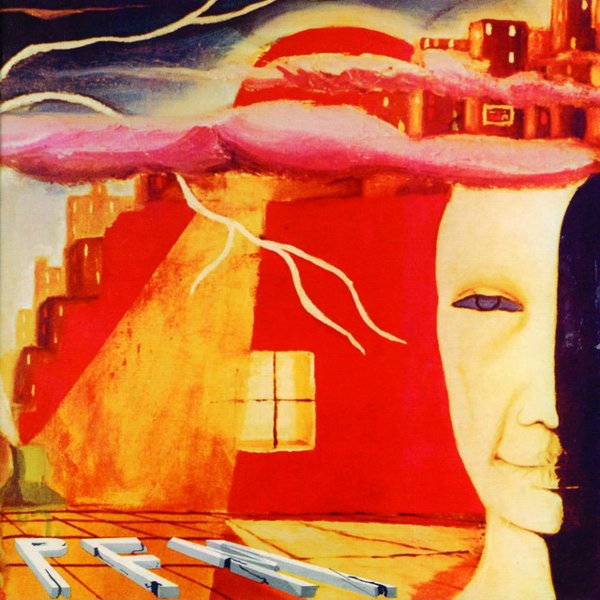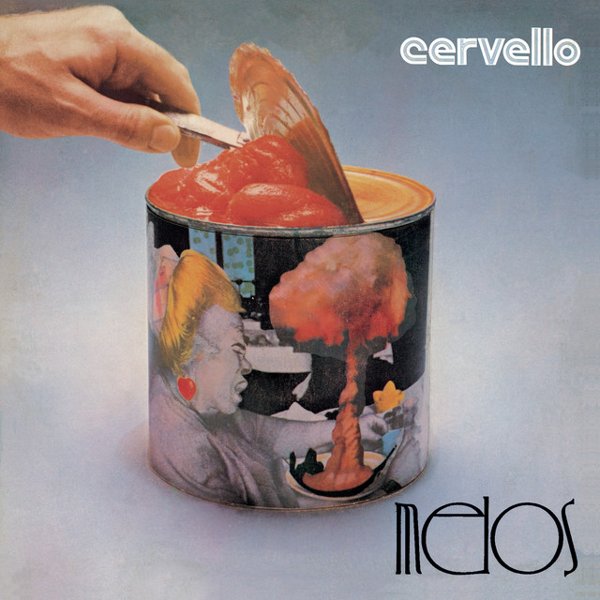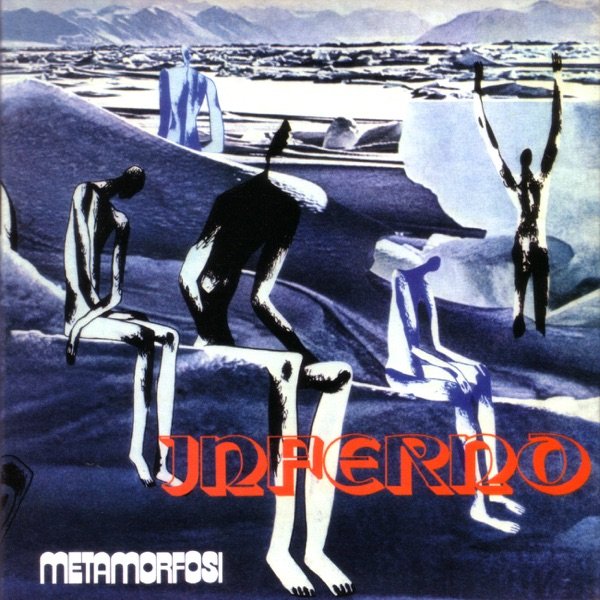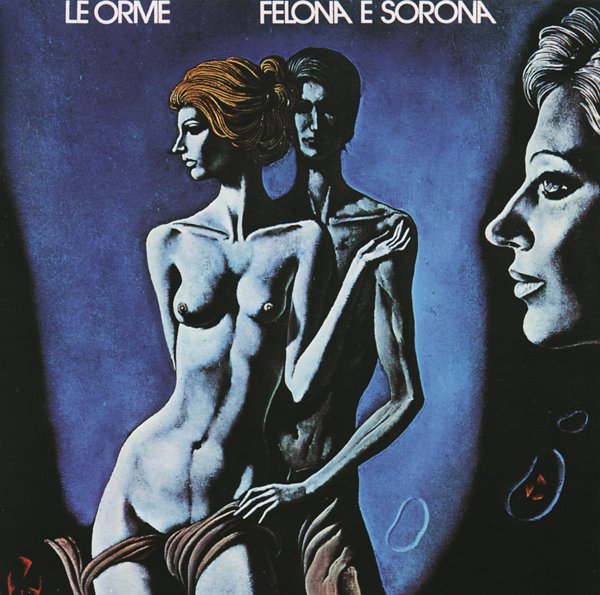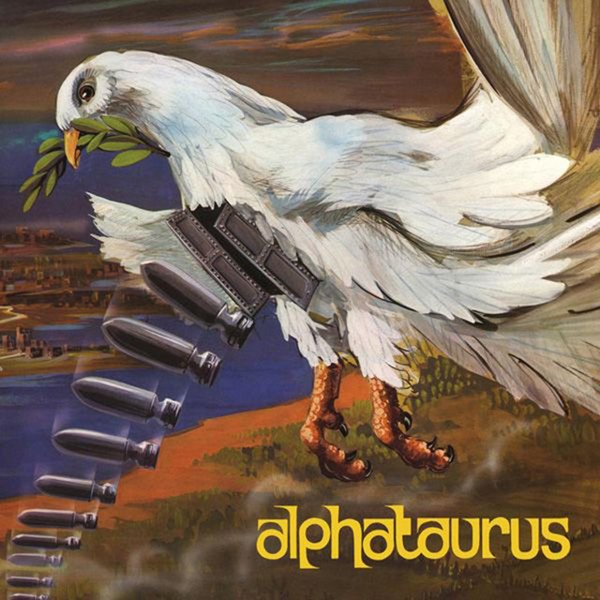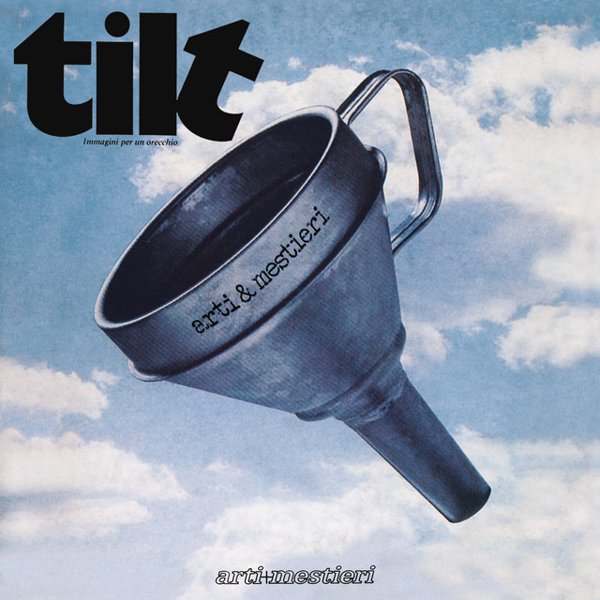The battle lines drawn by punk can still put many off dipping a toe into the world of 1970s progressive rock. However, if you can shake images of Rick Wakeman’s King Arthur On Ice or Peter Gabriel dressed as toad-like creature The Slipperman from your mind, then Italy’s prog scene in the ‘70s – Rock Progressivo Italiano, or RPI for short – offers a cornucopia of wonderful albums worth exploring, even for those who might not know their Gentle Giant from their Genesis.
The Italian beat scene in the mid-‘60s was a vibrant, if derivative, hotbed of British Invasion-inspired bands (RPI stalwarts New Trolls had opened for The Beatles on their last Italian tour), which in turn birthed a particularly fertile psych rock scene at the end of the decade, which is itself worth investigating.
As the ‘60s turned into the ‘70s, Italy had a remarkably large pool of musicians and listeners who would prove to be uniquely receptive to the music being pioneered in England by the likes of Jethro Tull, Genesis, King Crimson, and Emerson Lake And Palmer. Indeed, Genesis have recalled being shocked on their first Italian tour at just how massive they were there at a point where they couldn’t even get arrested back home.
Heavy psych act Delirium (later best known for 1972 hit Jesahel) drew from the flute-folk eccentricities of Jethro Tull; Venice’s Le Orme had their road-to-Damascus moment watching Emerson Lake & Palmer play The Isle Of Wight Festival in 1970; while RPI figureheads Premiata Forneria Marconi (PFM) were the owners of the first Moog sold in Italy, the synthesiser that would drive and define much of the music for the next half decade.
From those early anglophile roots, however, grew a scene that quickly dwarfed its UK counterpart in terms of the sheer volume of bands and releases. Records that, in many cases, have weathered far better. While there’s no overarching RPI sound, there are recurring characteristics. Perhaps not surprisingly given the country’s musical history and the traditions many of the musicians had been trained in, a lot of this music has a distinctly operatic flavour. Not only in the vocal delivery of singers such as Banco del Mutuo Soccorso frontman Francesco Di Giacomo, but also in a sense of high drama, and records that work around themes and narratives far less clunkily than an album like, say, Wakeman’s The Six Wives Of Henry VIII (see the aforementioned Banco del Mutuo Soccorso’s 1972 album Darwin! which explored Charles Darwin’s theory of evolution).
In many instances, there is audibly much more of a focus on melody and more thoughtful arrangements than you might get at the more noodly end of much prog music. Ironic, perhaps, given that most of the key players had far more advanced classical and jazz training than the sixth-form music room chops of their public school-educated British counterparts.
Interesting too, is the overlap between the underground and film soundtrack worlds. For example, Goblin’s masterpiece of a score for Dario Argento’s 1977 horror movie Suspiria would probably fit the bill as an RPI release, but in this context, you should perhaps investigate 1976’s Roller, one of the few records they made which wasn’t intended as a soundtrack, or even their earlier iteration as the more ELP/Genesis-sounding The Cherry Five.
As with much of the country’s counterculture at the time, the bands and audiences were steeped in and involved with leftist politics. For example, Milan jazz-fusion experimentalists Area’s 1973 debut Arbeit Macht Frei was more concerned with anti-fascism and the situation in the Middle East than it was J.R.R. Tolkien and Middle Earth, and the scene’s staunchly anti-capitalist stance was perhaps one of the reasons the bands didn’t go on to more commercial success.
By the late ‘70s, punk and disco had seen off a lot of the acts beyond the core pioneers, but in a relatively short space of time RPI spawned an enormous number of albums. This list could literally run into the hundreds, but instead here is a primer of key releases, plus some more off-the-beaten-track gems worth diving into.

